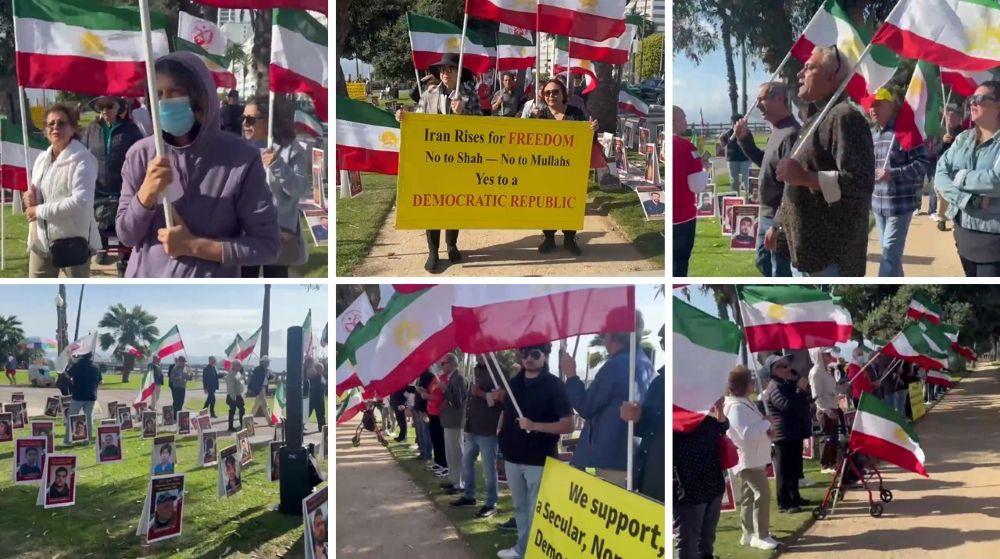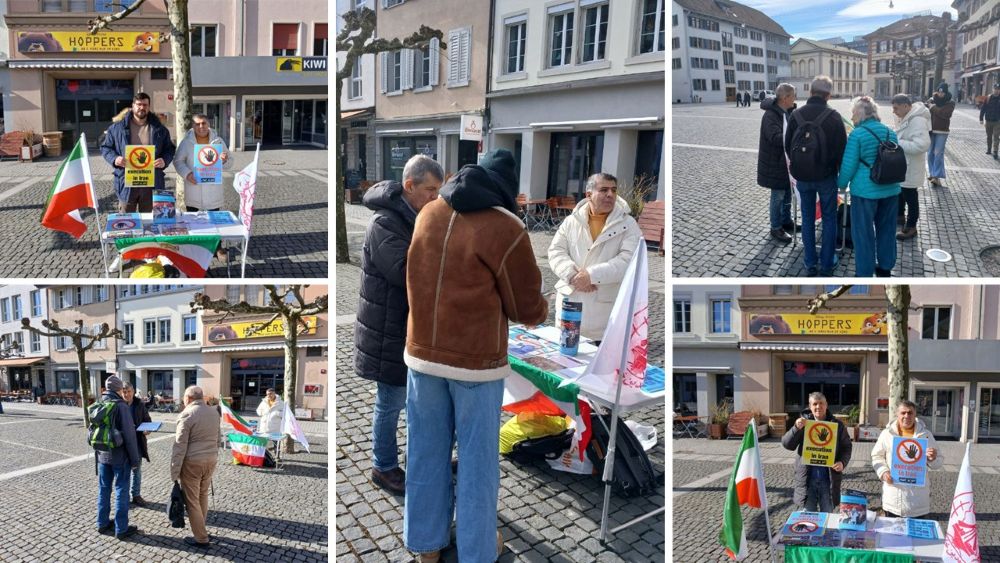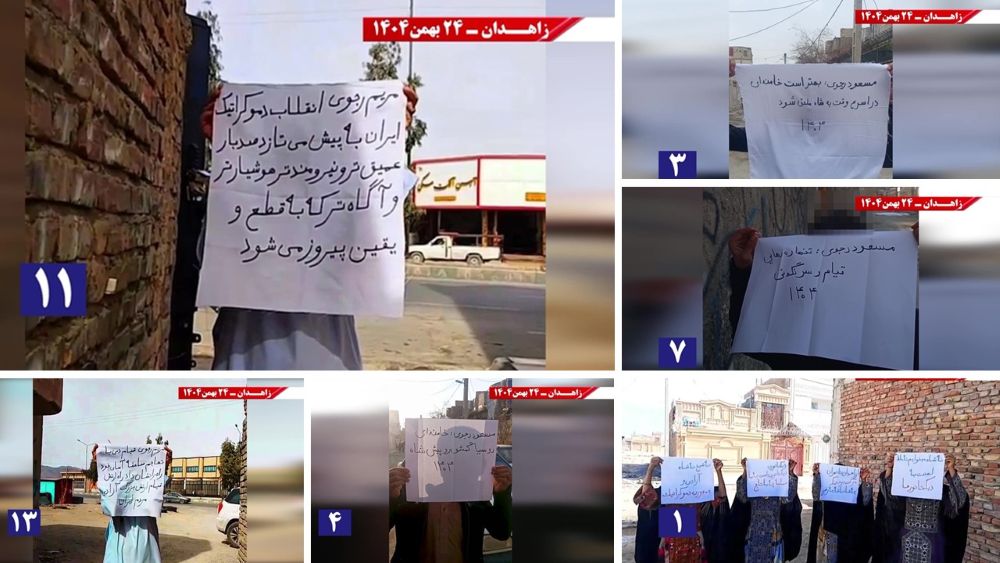The new Iranian regime’s President Ebrahim Raisi has drawn international condemnation for his crimes against humanity over the past 40 years, with news headlines calling him “the butcher” and a “mass murderer”.
Amnesty International said: “That Ebrahim Raisi has risen to the presidency instead of being investigated for the crimes against humanity of murder, enforced disappearance and torture, is a grim reminder that impunity reigns supreme in Iran.”
So why would the regime, clearly knowing about his abuse of Iranian protesters and political prisoners, even allow him to run, let alone become president?
Simply, it was desperation on the part of Supreme Leader Ali Khamenei, who recognizes the increasing unpopularity of the regime and needed to consolidate power. Raisi is widely believed to be the person tipped to take over as Supreme Leader following Khamenei’s death, having been trained up in his image.
In 1979, Raisi was an “uneducated thug with an unquenchable penchant for killing democracy activists” when he entered the judiciary, according to the Iranian Resistance, but just nine years later he got the chance to prove his dangerous loyalty to the regime during the 1988 massacre. He became a member of the Tehran Death Commission, alongside three other officials, and sent thousands of political prisoners to their deaths after show trials. Asked in a post-election press conference about his role in the massacre, Raisi argued that “he should be commended” without seemingly an ounce of shame.
Maryam Rajavi, the President of the National Council of Resistance of Iran (NCRI), said: “By expressing pride for his past crimes against humanity, it is evident that Raisi intends to continue them in the future.”
Proud of his crimes against humanity, Ebrahim Raisi seeks to continue them. Raisi and Ali Khamenei have no escape from being overthrown. They must be brought to justice. This is the history’s verdict and the Iranian people’s demand. #RaisiMassMurdererhttps://t.co/o0qH1VbUYX
— Maryam Rajavi (@Maryam_Rajavi) June 21, 2021
And this actually exposes Khamenei’s true reason for backing (and essentially appointing) Raisi. The regime is scared to death of the nationwide uprisings that took place in 2017 and 2019 and foresee more uprisings very shortly, especially considering the resistance activism that has taken place throughout the pandemic. After all, every problem that was present at the last uprising still exist and were made worse by the coronavirus pandemic.
The Iranian Resistance wrote: “The suppressive barriers erected by the regime to hold off the torrent of disenchantment are no longer holding up. Cracks are appearing. And in Khamenei’s mind, Raisi is his last-ditch attempt to regroup and forge new lines of defense against the people and their uprisings.”
They further stressed that the international community needs to support the Iranian people in their fight for a democratic and secular republic because appeasement will only encourage the regime’s domestic oppression. However, they cautioned that condemning Raisi isn’t enough and that international investigations into their crimes must be launched without delay.



